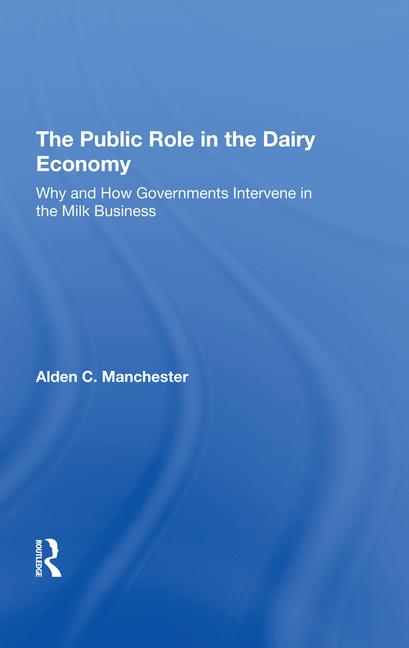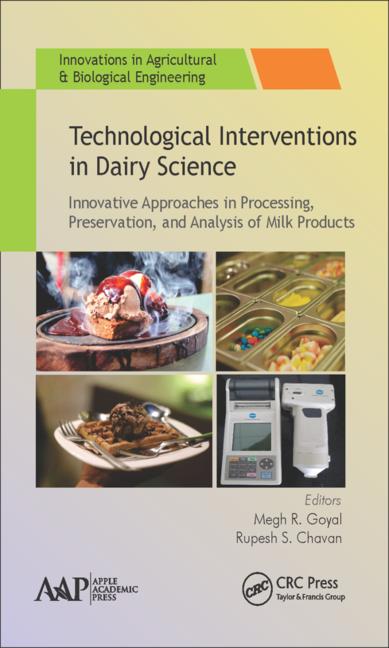International dairy news round-up
Dairy news world report: Arla in JV with Juhayna; Anuga show in Istanbul called successful; Grupo Lala opens milk plant Nicaragua
In the Asia/Pacific region, Fonterra completes a mozzarella plant in New Zealand.

Enjoying a pizza made with fresh Clandeboye Mozzarella are Fonterra employees (from left): Zarea Laing (Advanced Operator – Processing), Quentin Cavanagh (Process Manager – Cheese), Veronica Put (Operator – Processing), Jason Balchin (Operator – Packing), Cameron McKeown (Supervising Operator – Processing). Photo courtesy of Fonterra.

212 exhibitors from 29 countries presented their offerings, including daiiry products, at the first AnuFood show in Istanbul in May. www.ANUFOODEurasia.com


EUROPE/MIDDLE EAST
Arla Foods/Juhayna JV will sell Arla dairy foods in Egypt
Arla Foods and the Egypt-based dairy company Juhayna have agreed to form a joint venture which will sell Arla’s products across Egypt.
Arla Foods is an international dairy company owned by 13.500 farmers from Denmark, Sweden, the UK, Germany, Belgium, Luxemburg and the Netherlands. Juhayna Food Industries is Egypt’s leading manufacturer of UHT-milk, yoghurt and juice. www.juhayna.com
The new company, to be named ArJu Food Industries, will target an October 2015 start of sales operations. Arla expects its revenue in Egypt to exceed 90 million euro in 2020.
Juhayna owns 51% of the new joint venture company, while Arla owns 49%. However, Arla will be in charge of the daily management of the joint venture. The ambition is for the company to also start up local production in Egypt. The joint venture is expected to have 40 to 50 employees, growing to more than 100 within the next year or two.
Juhayna has a very limited production of butter, cheese and cream, which Arla has specialized in across the Middle East and Africa. The joint venture company will sell Arla’s products in Egypt.
“It is a very good match for both parties. Juhayna has a nationwide distribution network, and we are not competing within the same product categories. Together we now get a broader product portfolio, which strengthens the business of both parties,” said Arla’s senior director of the Middle East & Africa, Rasmus Malmbak Kjeldsen.
The retail structure in Egypt is characterized by a limited amount of supermarket chains and countless small one-man shops that need goods delivered straight to the door. Consequently, Juhayna has developed a distribution network that covers the entire country.
“Our products will now be able to reach all corners of Egypt. Today our business is merely scraping the surface, but now we will be able to drastically expand our distribution to reach millions of new consumers,” said Rasmus Malmbak Kjeldsen.
Source: Arla Foods
Anuga calls its AnuFood Eurasia show in Istanbul ‘a success’
The first edition of AnuFood Eurasia, a three-day trade fair at the Tüyap Fair Convention and Congress Center in Istanbul, featured 212 suppliers from 29 countries. Foreign participation was 42%. About 6,000 trade visitors with an international share of 25% from around 70 countries gathered information and placed orders. The fair was jointly organized by Koelnmesse and Reed Tüyap.
Exhibitors presented fine food, frozen foods, meat and dairy products, chilled and fresh foods, bread, baked goods, sweets, beverages, organic foods and Halal products. Services, associations, organizations and IT service providers also participated. The next edition of AnuFood Eurasia is scheduled from April 14 to 16, 2016.
Source: Koelnmesse GmbH
 Han van Hagen (pictured) is the new managing director of Numidia B.V., Roermond, The Netherlands. Numidia is an international trading company in dairy products and related food ingredients.
Han van Hagen (pictured) is the new managing director of Numidia B.V., Roermond, The Netherlands. Numidia is an international trading company in dairy products and related food ingredients.
ASIA/PACIFIC
Fonterra completes a new mozzarella plant in Clandeboye, NZ
Work is complete on a new mozzarella plant at dairy cooperative Fonterra’s Clandeboye site in New Zealand, doubling production of the world-famous cheese and creating enough mozzarella to top more than 300 million pizzas a year. The expansion created 25 new jobs.
The mozzarella – one of the cooperative’s most sought after cheeses – is destined for global pizza and pasta restaurant chains across China, Asia and the Middle East.
Fonterra Managing Director of Global Operations Robert Spurway says the cooperative has seen growth in consumer and foodservice categories and this expansion will form a key part of that success in the future.
Source: Fonterra
THE AMERICAS
Lala opens milk plant in Nicaragua
The Mexican dairy Grupo Lala opened the first phase of production of its new manufacturing plant in San Benito, in the Tipitapa municipality of Nicaragua, with an investment of approximately $50 million. The new production facility is built on 15 acres. The plant will process fresh milk and dairy products destined for the Nicaraguan market.
Source: Grupo Lala
U.S. dairy industry supports action by Congress to repeal country of origin labeling
American dairy products headed to Canada and Mexico could face stiffer tariffs – and ultimately, reach fewer foreign customers – unless Congress repeals Country of Origin Labeling (COOL) requirements for meat products that violate international trade rules, the National Milk Producers Federation and the U.S. Dairy Export Council said today.
Under the World Trade Organization ruling announced May 18, “Canada and Mexico are entitled to retaliate against U.S. exports, and that could well include higher tariffs on U.S. dairy products,” said Jim Mulhern, NMPF president and CEO. He noted that Canada has already indicated it will target the U.S. dairy industry, while Mexico retaliated against U.S. dairy products in a past NAFTA finding against the U.S.
“America’s dairy farmers should not suffer collateral damage as a consequence of our COOL policy. The U.S. government needs to rectify this situation before we lose any export customers,” Mulhern said.
“Mexico is our largest export market, and Canada is also a significant destination for U.S. dairy products,” said Tom Suber, president of USDEC. “At a time of softer global dairy demand, we need to be focused on ensuring we keep exports moving and doing all we can to avoid new roadblocks from being put in our exporters’ paths.”
The WTO will finalize by the end of the month the recent decision faulting U.S. COOL requirements, after which Canada and Mexico can formally request permission to retaliate against the United States. Retaliation will be determined by how much the two countries can raise tariffs to address their losses under the U.S. meat labeling requirement, which was first challenged by Canada and Mexico in 2009. A panel will have 60 days to review the tariff amount, although the United States, Canada and Mexico could discuss a settlement before the 60-day clock runs out. The United States could see retaliatory tariffs by late summer or fall.
Source: National Milk Producers Federation
Looking for a reprint of this article?
From high-res PDFs to custom plaques, order your copy today!











